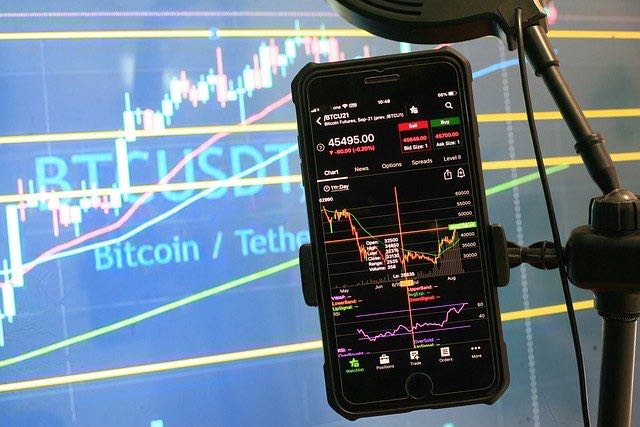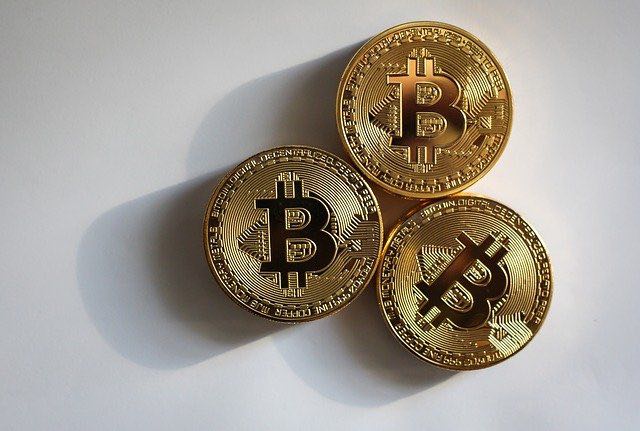
Satoshi Nakamoto introduced Bitcoin as an attractive and highly innovative digital currency. However, researchers and new users have a hard time understanding the economics of Bitcoin and the design behind its existence. Since its introduction, Bitcoin has been around for over a decade. The internet is awash with posts attempting to examine whether Bitcoin is an efficient and effective payment method.
While some investors and traders know something about the Bitcoin economy, ordinary people don’t know much about it. Currently, many people use cryptocurrency exchanges like yuan pay team to buy this virtual currency.
These platforms also allow people to sell their tokens and get fiat money. However, most users know that it is a currency that exists online. Others see it as an asset that is worth investing in for future benefits. So what is the Bitcoin economy?
Understand the economics behind Bitcoin

Bitcoin does not have a central point of deposits or backups. However, being a decentralized virtual currency is a feature that attracts many people who are looking for a currency that they can trade freely. Therefore, people looking for money that they can use without relying on intermediaries like the government and banks find it attractive.
The creation of Bitcoin is through sets of mathematical algorithms and a fixed supply. However, the supply of Bitcoin presents some problems despite being established. For example, a fixed supply can lead to a macroeconomic imbalance in the event of an indefinite increase in transaction volume.
Additionally, Satoshi Nakamoto may have established the supply of Bitcoin, but the cryptocurrency market in general has not. Despite the fact that there are more than two thousand cryptocurrencies in the world, developers are creating and launching more virtual currencies.
Some experts also argue that the fixed supply can deflate the high level of welfare and destroy volatility. Matching the variation in demand will indeed be a difficult task. For this reason some experts recommend a flexible system to respond to changing demands.
Creating an adjustable coin supply rate and a decentralized voting mechanism are ways to create a flexible system. Some researchers forecast the possibility of Bitcoin deflation, while others suggest potential hyperinflation if central banks have an excess supply of currency. However, some people rule out the inflation and deflation scenario because the fixed supply can only affect the profitability of mining if it causes a deflation-like situation.
Certainty of supply and uncertainty of demand
Something surprising about the economics of Bitcoin is the juxtaposition of the certainty of its supply and the uncertainty of demand. Bitcoin has a very practical mining fee. Which means that people can predict the rate at which miners will introduce new tokens and generate the last coin.
In this way, this predictability of supply differentiates Bitcoin from other products, currencies or assets. The best thing is that the maximum supply of Bitcoin is a fixed amount that people know since there can only be 21 million bitcoins in the world. This feature makes the supply of this virtual currency almost rigid.
Regardless of the increase in the price of Bitcoin, miners cannot produce more than Satoshi Nakamoto stipulated when he introduced this virtual currency. Additionally, the increase in the price of Bitcoin cannot encourage the speed of mining this virtual currency, and if it does, miners will generate more tokens one day and less in the future. This is because they must produce the full amount by 2140.
On the other hand, the demand for Bitcoin generators is not manifest. For example, news that can influence the cryptocurrency industry can negatively influence the demand for bitcoins. A government move to regulate this virtual currency may also affect its demand in the market. This is why the demand for Bitcoin is relatively fuzzy, unlike the supply which is inevitable.
Conclusions
The Bitcoin economy follows the laws of supply and demand. However, the supply of this virtual currency is specific, while its demand is uncertain. Furthermore, Bitcoin lacks a central collateral point or backing by any authority, this makes it a highly volatile asset.